
Polarized light-based processing devices are one million times faster than current technology. Logic gates are the fundamental components of computer processors. Conventional logic gates are electronic and work by shuffling electrons around. On the other hand, researchers have been working on light-based optical logic gates to meet the data processing and transfer requirements of next-generation [..]
Read More
Polarimetric images, which use polarizers to selectively reflect the transverse electric (TE) field and transmit the unpolarized incident light’s transverse magnetic (TM) field, can provide information such as shading and surface morphologies. On the other hand, current Infrared polarizers are primarily based on expensive and brittle ceramics with nano-gratings typically fabricated by time- and cost-consuming [..]
Read More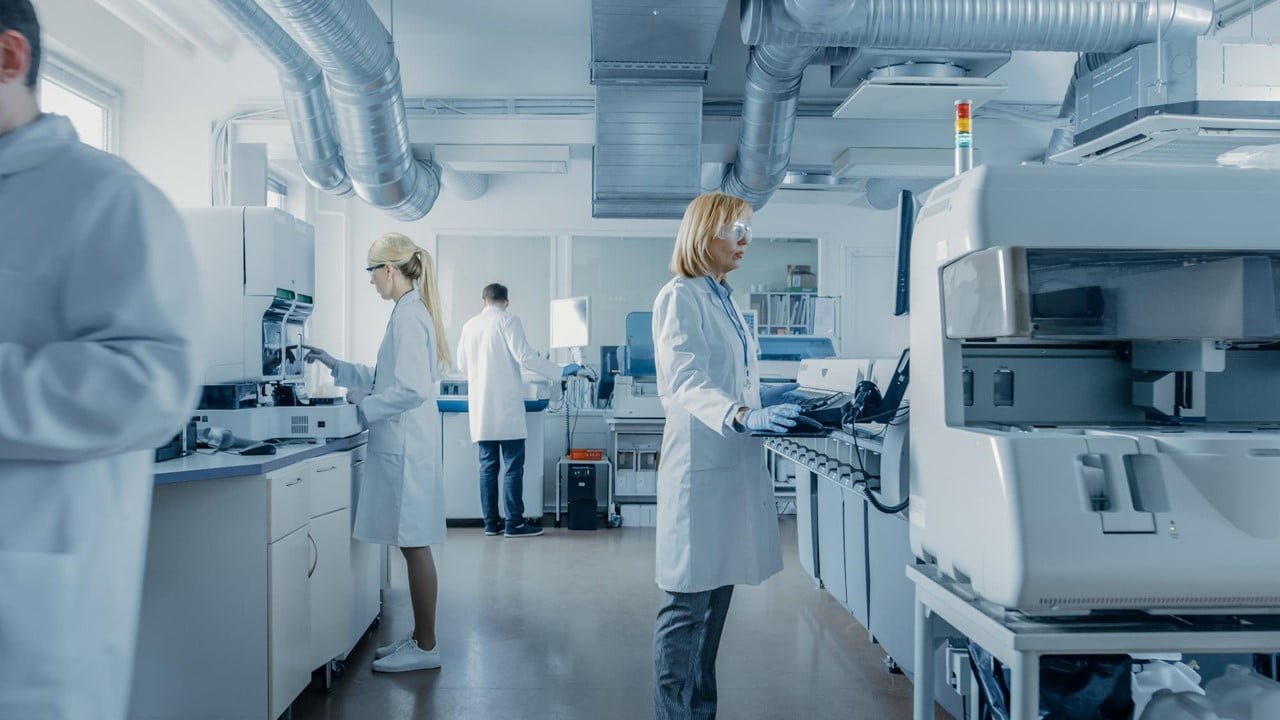
The power of artificial intelligence (AI) applied to endometrial carcinoma microscopy images is demonstrated in a new study. The research team provides novel insights that could improve uterine cancer diagnosis and treatment. Researchers used AI to analyze microscopy images of thousands of endometrial carcinoma patients. This model was not a “black box,” but the researchers [..]
Read More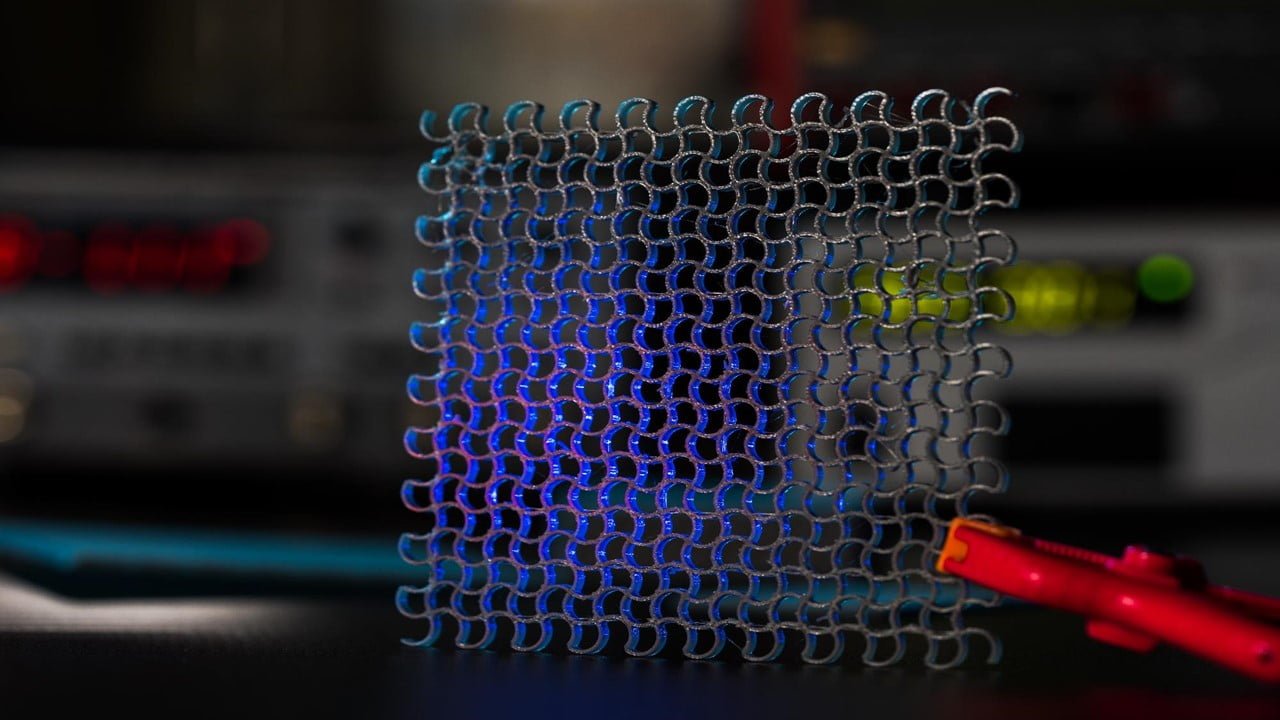
The physical world of electromagnetics has always been inextricably linked to the digital world of information. Wireless communication systems based on metasurfaces are only applicable in single-polarization scenarios. The capacity of transmitted information remains limited, as do transmission speeds. Based on anisotropic space-time-coding metasurfaces (STCMs), scientists created a frequency-polarization-division multiplexed wireless communication system and a [..]
Read More
Precision medicine is starting to incorporate functional assays to evaluate anticancer agents on patient-isolated tissues or cells to select the most effective. Among these new technologies, dynamic BH3 profiling (DBP) has emerged and has extensively been used to predict treatment efficacy in different types of cancer. DBP uses synthetic BH3 peptides to measure early apoptotic [..]
Read More
Researchers have created an all-optical method for driving multiple highly dense nanolaser arrays, which could lead to chip-based optical communication links that process and move data faster than current electronic devices. The use of optical fiber eliminated the need for large and complex electrodes, which are commonly used to power laser arrays. According to the [..]
Read More
Patients with bone cancer are often treated with alpha particle radiation therapy, delivered into or very close to the tumor. However, it is unknown whether the radioactive elements spread throughout the surrounding area or to the body’s vital organs, where they could cause toxic effects. Researchers developed a computational framework to measure the concentration of [..]
Read More
Currently, radiologists face an excessive workload, which causes fatigue and, as a result, undesirable diagnosis errors. Decision support systems can help radiologists prioritize and make faster decisions. In this regard, medical content-based image retrieval systems that provide well-curated similar examples can be extremely useful. Nonetheless, most medical content-based image retrieval systems operate by locating the [..]
Read More
A group of researchers has developed a method for achieving high Q factors from robust mechanical structures, significantly reducing device fabrication difficulty and enabling device operation in various environments. High-Q mechanical resonances are desired in many applications, but conventional wisdom relies on minimizing the size of mechanical resonator supporting structures, which makes the fabricated mechanical [..]
Read More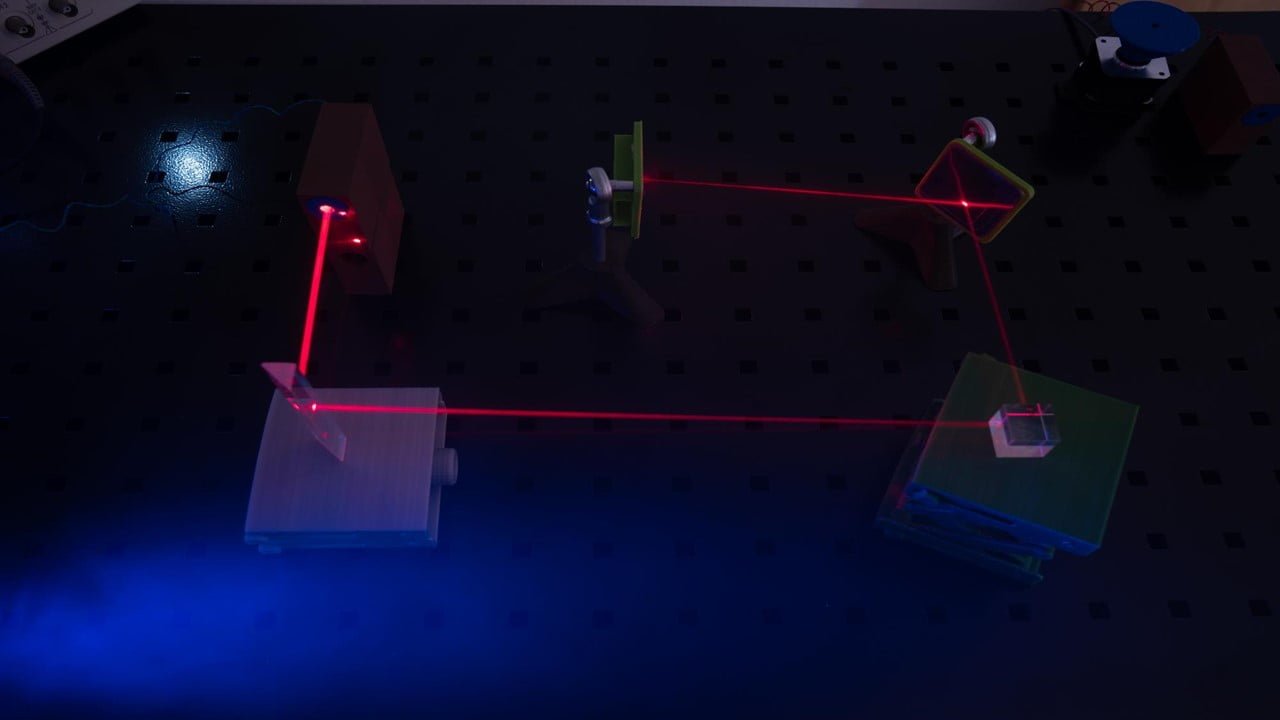
Femtosecond laser pulses are extremely powerful tools in various applications ranging from medicine to manufacturing to astronomy. Using a time lens, researchers created a high-performance on-chip pulse source. The technology has the potential to enable new applications in quantum and optical computing, astronomy, optical communications, and other fields. Microfabrication techniques, similar to those used to [..]
Read More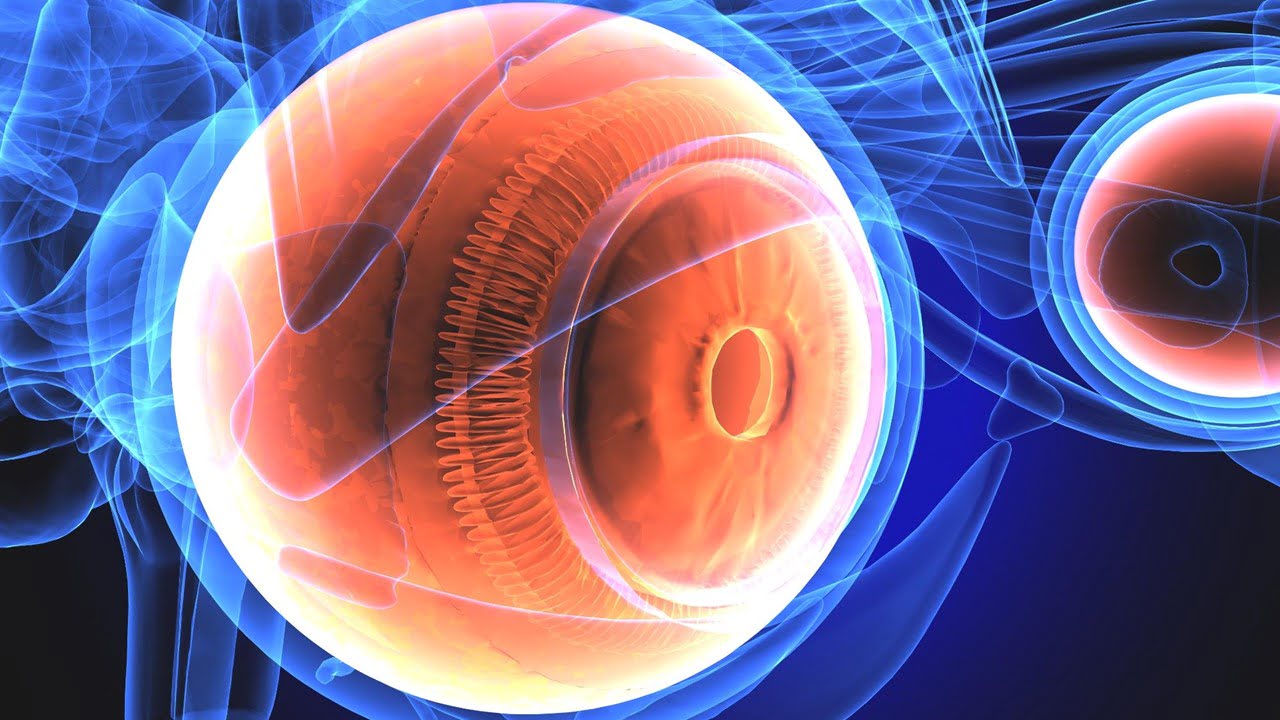
High-resolution imaging with adaptive optics (AO) could be useful for determining the integrity of the cone mosaic after macular hole repair. An adaptive optics retinal camera was used to measure photoreceptors before and after macular hole (MH) surgery to assess any cone density changes accurately. The researcher described the results of a small study that [..]
Read More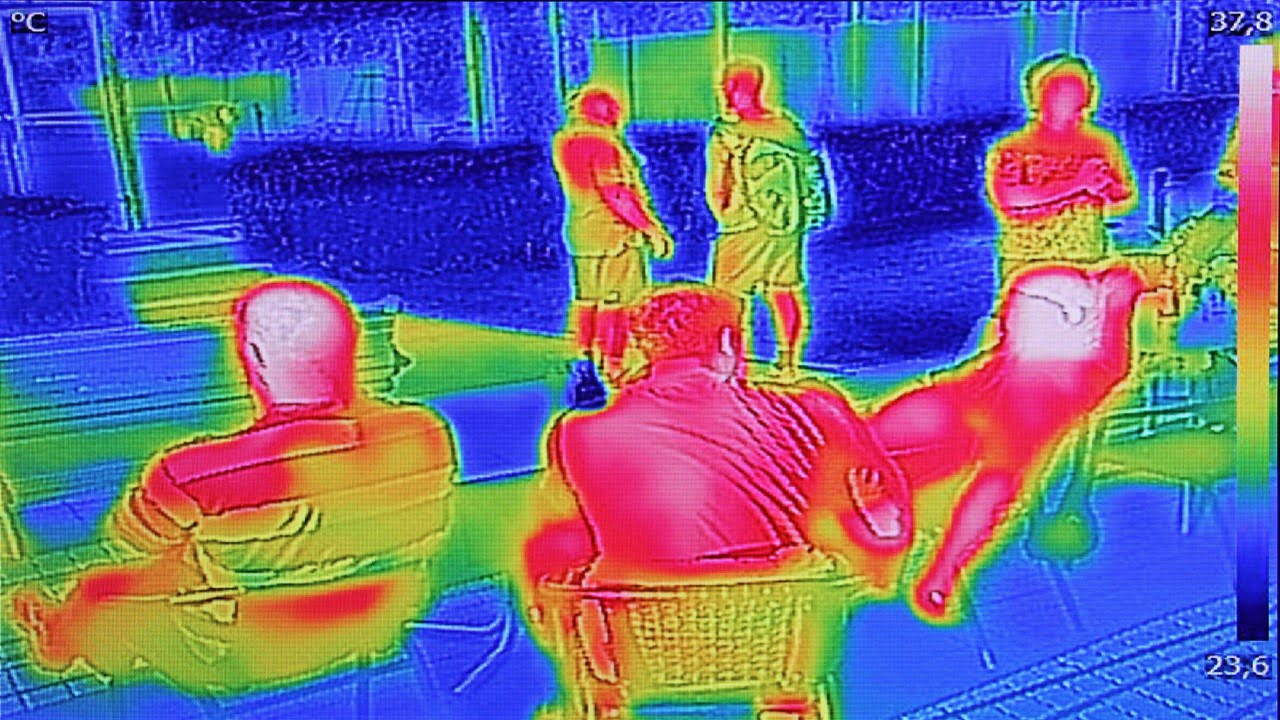
A group of researchers has created a new thermal-imaging sensor that detects microwave radiation 100,000 times more sensitively than currently available commercial sensors, paving the way for novel communications and weaponry technology. The sensor developed by scientists could dramatically improve thermal imaging and provide a foundation for inventions in electronic warfare and radio communications, among [..]
Read More
A team of researchers is working to advance the development of a quantum-based hyperpolarizer for use in clinical settings. The goal is to significantly improve MRI imaging of metabolic processes, allowing for earlier and more accurate tumor detection. Metabolic imaging with magnetic resonance imaging (MRI) is possible. Until now, signal amplification technologies have been prohibitively [..]
Read More
Chalcogenide glasses are covalently bonded amorphous compounds containing one or more elements: sulfur, selenium, and tellurium. Other elements found in chalcogenides include arsenic, antimony, and even germanium. Synthetic chalcogenide glasses, like pure germanium, have high refractive indices. Unlike brittle semiconductors, however, they can be precisely molded to specification rather than being built up through crystal [..]
Read More
Reflectivity is one of the difficulties in distinguishing a duplicate hologram (hologram verification) from an original. Because a slight change in lighting condition completely changes the reflection pattern displayed by a hologram, a standardized duplicate hologram detector has yet to be developed. Researchers have developed a portable, low-cost snapshot hyperspectral imaging (HSI) algorithm-based housing module [..]
Read More
Researchers demonstrated a new simple laser system that could aid astronomers in the discovery of new Earth-like planets. The laser emits light at one billion pulses per second and comprises only three parts: two mirrors and a sapphire crystal with a trace of titanium. The new source is powered by a green laser, which converts [..]
Read More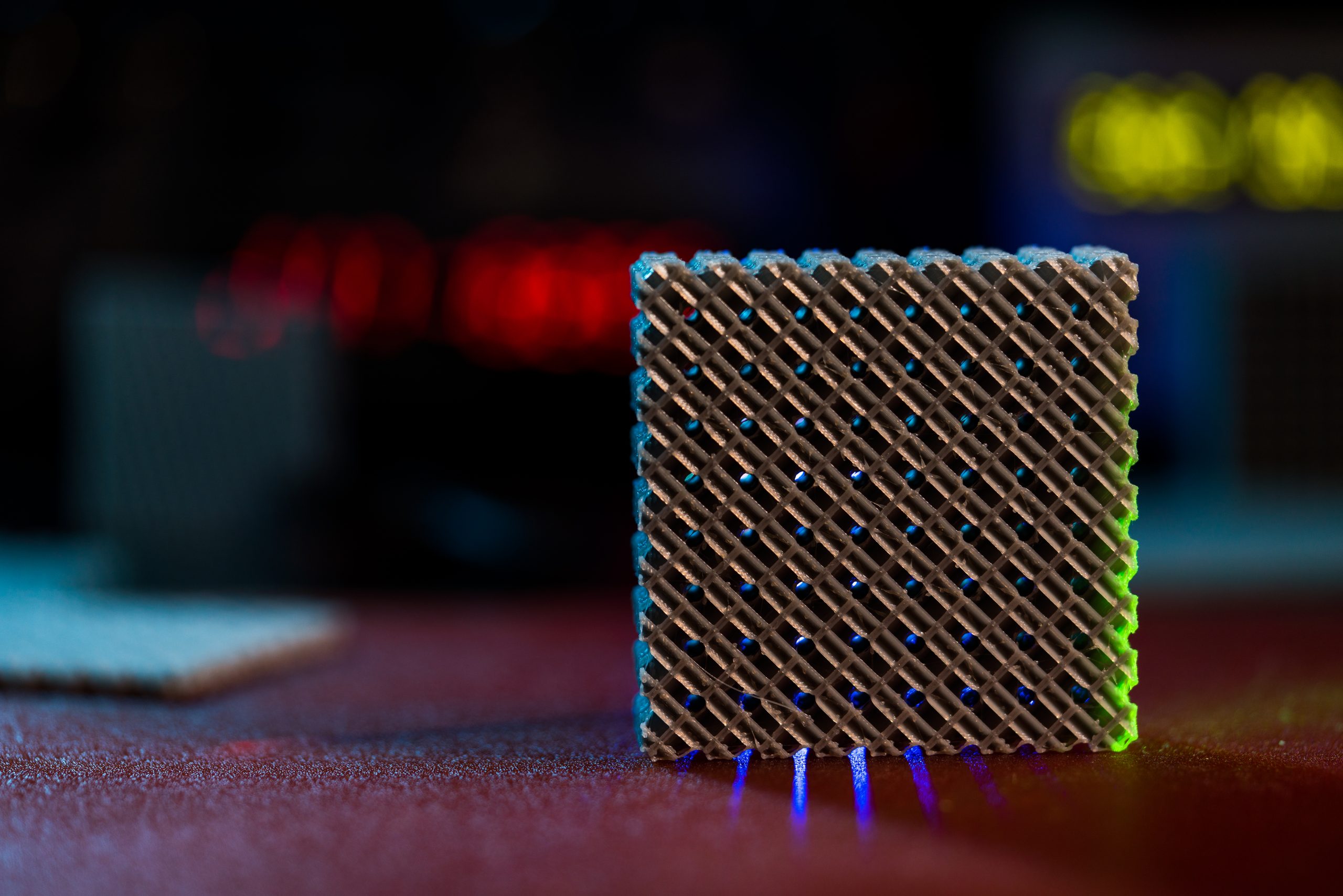
A research team created a solid-state LiDAR sensor with a 360° field of view (FOV). Made of the metasurface, an ultra-thin flat optical device one-thousandth the thickness of a human hair strand, the new sensor is attracting attention as an original technology enabling an ultra-small LiDAR sensor. The metasurface can greatly increase the viewing angle [..]
Read More
VR companies are integrating iris scanner technology with new VR headsets. The integration can help personalize user experiences. It can help companies understand whether people engage with an advertisement. Tracking your eyes and face will give VR companies unprecedented insight into your emotions. A company has also filed a patent for a technology that adapts [..]
Read More
Chips and electronic devices have become exponentially smaller and faster in recent decades. We have nearly reached the limits of ‘traditional’ electronics and are now transitioning from electronics to photonics, which uses light instead of electrons. Scientists have developed a new technique for trapping sound waves and light using multilayer silicon nitride waveguides. The project [..]
Read More
Light-field microscopy is a promising solution for microscopic volumetric imaging because the technique can encode information on multiple planes in a single acquisition. It is accomplished through its unique simultaneous capture of light spatial distribution and propagation direction information. However, compared to standard microscopes, state-of-the-art light-field microscopes suffer from a detrimental loss of spatial resolution. [..]
Read More